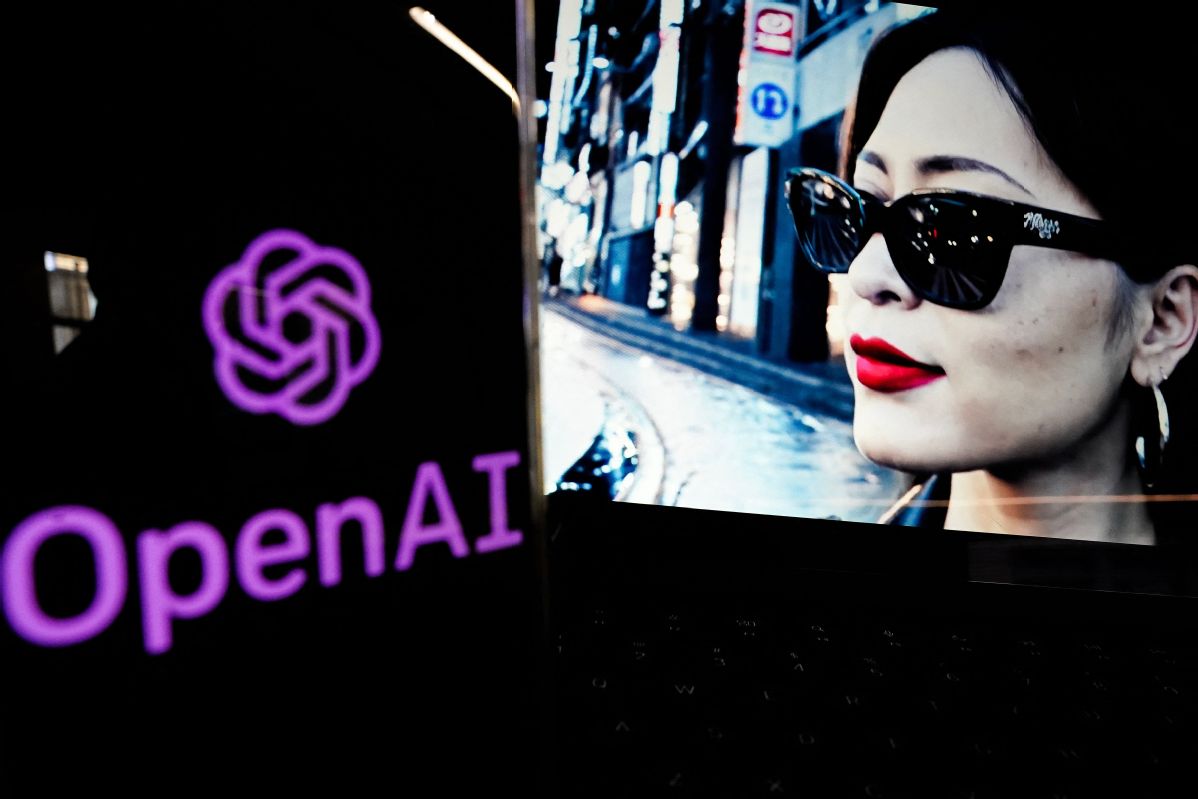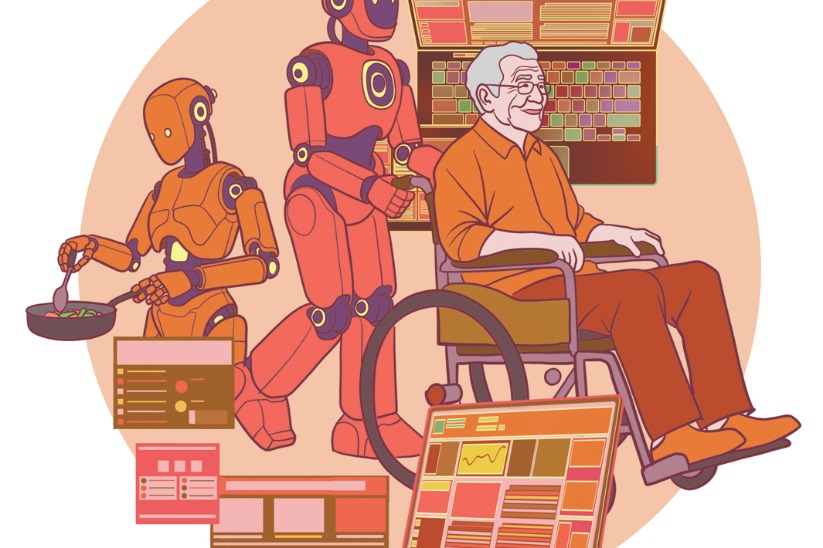The Impact of Sora on Hollywood: A game-changer in the film industry?


In recent news, it has been reported that Hollywood executives have decided to cancel an $800 million investment in a new studio. This decision comes after the emergence of a groundbreaking technology called Sora, which has sent shockwaves throughout the film industry.
The Rise of Sora
Sora, developed by OpenAI, has quickly become a focal point of discussion within Hollywood. Unlike previous AI video generators, Sora has the ability to generate one-minute-long videos based on textual prompts while maintaining visual quality and consistency. It can seamlessly switch between shots, adjust compositions and accurately align video content with relevant background themes, resulting in incredibly realistic and immersive videos. This breakthrough technology has raised concerns within the film industry, as it has the potential to disrupt the traditional movie production process and render certain job roles obsolete.
The Concerns of Industry Professionals
Renowned concept artists Karla Ortiz and Reid Southen have expressed their concerns about the impact of Sora on the industry. Karla Ortiz, known for her involvement in the production of several comic adaptations, including her significant role in designing the character of Doctor Strange, believes that the emergence of Sora will lead to a destructive competition that no one can win. She fears that this technology will ultimately undermine the entire industry.
Reid Southen, acclaimed for his work on films such as The Hunger Games, Transformers: The Last Knight and The Queen, echoes Ortiz's sentiments. He highlights the decreasing demand for artistic works and contemplates the possibility of leaving the film industry if he can no longer rely on it as a sustainable career path. These concerns reflect the growing unease among professionals who fear that Sora's capabilities may render their skills and expertise less valuable.
The Animation Industry's Apprehension
Aubry Mintz, the interim executive director of the Hollywood branch of the International Animated Film Association, has also expressed significant concerns about Sora's impact on the animation industry. Mintz emphasizes that Sora has the potential to make certain roles, such as reference animators, concept artists and storyboard creators, redundant. The animation community is already feeling a considerable level of unease due to the emergence of Sora, as it poses a threat to their established roles and responsibilities.
The Implications for Hollywood
The impact of Sora extends beyond individual job roles and reaches the very foundations of Hollywood. The film industry has already experienced the disruptive effects of AI technology, as evidenced by the rapid development of large-scale models that led to a major screenwriters' strike. The growing concerns surrounding AI's influence on the creative process have only intensified with the introduction of Sora.
The $800 million investment in a new studio, which was abruptly canceled, was intended to expand the film production capabilities in Hollywood. However, with the emergence of Sora, Hollywood executives, including prominent figures like Tyler Perry, recognized the potential ramifications. Perry, a renowned actor, producer and studio owner, acknowledges that Sora's capabilities will impact various industry professionals, including actors, set crews, electricians, transportation coordinators, sound designers and editors. Sora's influence will be felt in every corner of the industry.
The Future of the Film Industry
The introduction of Sora is just the beginning of a seismic shift in the film industry. Its ability to generate high-quality videos based on textual prompts raises questions about the future of traditional movie-making processes. The potential to replace certain job roles and disrupt the livelihoods of some individuals is just a small part of the overall impact this technology will have on the film and entertainment industry.
Looking ahead, the innovation of productivity tools and the potential for smaller teams to create Hollywood-level movies at a lower cost may completely transform the way films are produced. This shift could bring about new production methods, viewing experiences, and even business models within the film and entertainment industry.
Obviously, the introduction of Sora has sent shockwaves throughout the film industry. Its ability to generate high-quality videos based on textual prompts raises concerns about the future of traditional movie-making processes. Professionals fear that certain job roles may become obsolete, and the livelihoods of individuals in the industry may be disrupted. However, this technology also presents opportunities for innovation and cost-effective production methods. The film industry is on the brink of a transformative era, and only time will tell how Sora and similar technologies will shape its future.
It likely won't be long before audiences get to see film productions made with Sora. It can be stated with certainty that the film industry has entered a new era of rapid development in AI technology. The Chinese film industry is facing the same situation. Ultimately, how gracefully Chinese cinema can adapt and harness these AI capabilities will determine if it can ride this wave of innovation while staying true to its artistic core. An open embrace of the technology, guided by prudence and a people-centric ethos, could propel Chinese filmmaking to new creative heights on the world stage.
The author is a Beijing-based commentator.
The views don't necessarily reflect those of China Daily.
If you have a specific expertise, or would like to share your thought about our stories, then send us your writings at opinion@chinadaily.com.cn, and comment@chinadaily.com.cn.


































